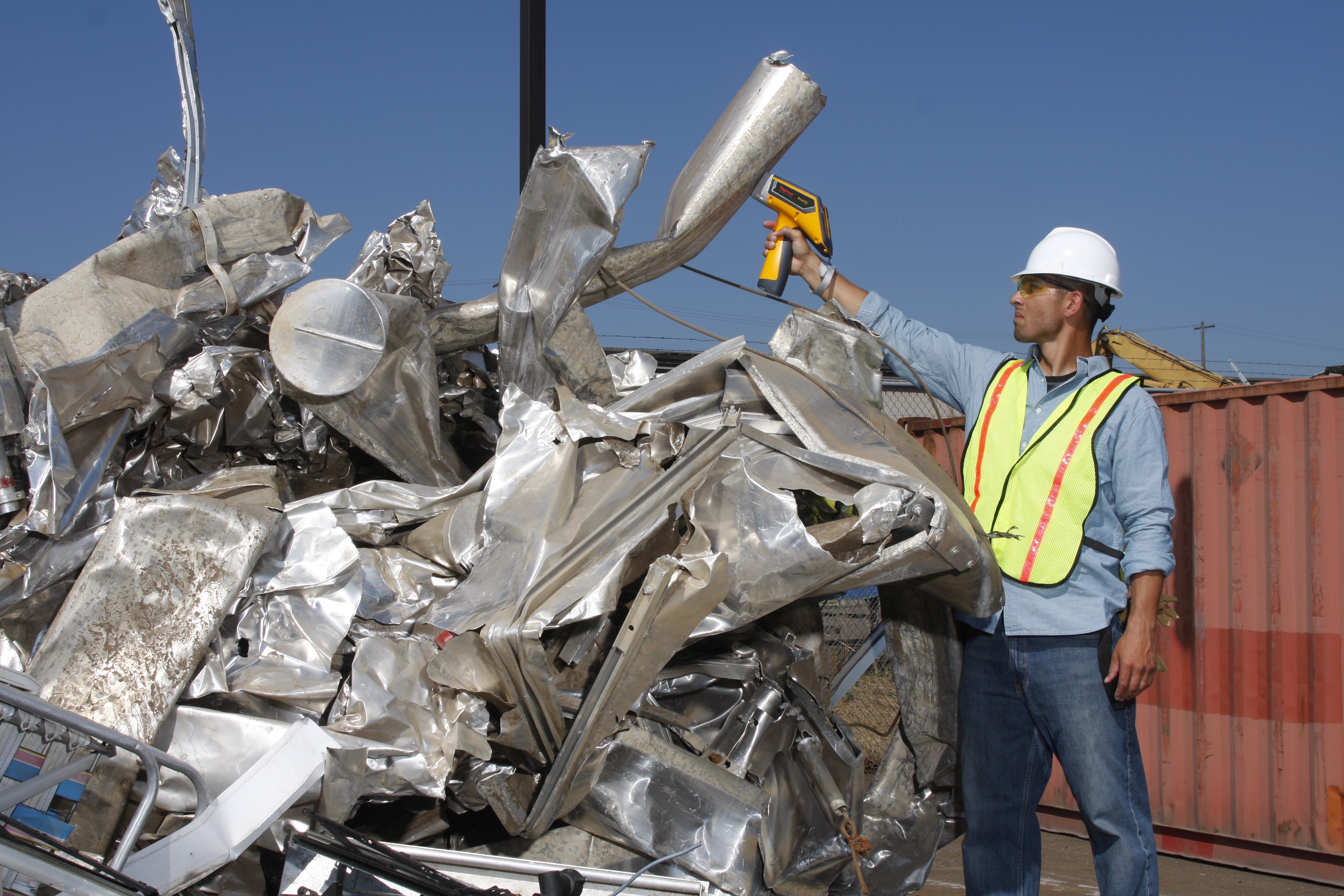In today's world, sustainability has become a cornerstone of responsible living and business practices. As we strive to minimize our environmental footprint and conserve valuable resources, steel recycling emerges as a crucial component of these efforts.
This guide aims to shed light on the significance of steel recycling for both individuals and businesses, emphasizing its myriad benefits and the positive impact it can have on our planet.
Section 1: Understanding Steel Recycling
Steel recycling, also known as ferrous metal recycling, involves the process of reclaiming steel materials from various sources and reprocessing them into new products. Unlike other forms of metal recycling, steel recycling specifically focuses on the recovery and reuse of steel, a versatile and widely used material in construction, manufacturing, and infrastructure. The process begins with the collection and sorting of scrap metals in Melbourne, which can originate from old vehicles, demolished structures, industrial waste, and consumer goods.
The sentence structure used is simple and straightforward, with a focus on providing clear information about the process of steel recycling. The sentences are not too complex or technical, making the content easily understandable for the target audience.
Section 2: The Environmental Impact of Steel Recycling
The environmental benefits of steel recycling are multifaceted and compelling. By opting to recycle steel, individuals and businesses contribute to reduced energy consumption, conservation of natural resources, and a significant decrease in greenhouse gas emissions. In fact, according to the Steel Recycling Institute, recycling steel can save up to 56% of the energy required to produce steel from raw materials, further underscoring its positive environmental impact.
Furthermore, statistics and case studies from reputable sources will be incorporated to illustrate the substantial environmental benefits associated with steel recycling, providing tangible evidence of its role in mitigating climate change and preserving the planet's natural ecosystems.

Section 3: Economic Benefits for Businesses and Individuals
From a financial perspective, steel recycling offers compelling advantages for both businesses and individuals. Manufacturers stand to benefit from cost savings through the use of recycled steel in their production processes, as it often requires less energy and resources compared to virgin steel production. On the other hand, individuals who engage in collecting and selling scrap steel can potentially generate income while contributing to sustainable practices.
Practical tips and strategies will be presented to assist businesses and individuals in maximizing their economic gains from best steel recycling Melbourne, empowering them to make informed decisions and leverage the economic opportunities associated with recycling steel.
Section 4: How to Get Involved in Steel Recycling
For those eager to participate in steel recycling initiatives, various avenues exist to get started. This section will provide clear and actionable steps for individuals and businesses to engage in steel recycling, including guidance on locating local scrap metals Melbourne collection centers, participating in community recycling programs, and collaborating with companies that specialize in steel recycling services.
The language used is modern and accessible, ensuring that the information is relevant and relatable to readers who are keen on taking practical steps towards embracing steel recycling in their daily lives or business operations.
Conclusion
In essence, the value of steel recycling cannot be overstated. Its pivotal role in promoting sustainability, reducing environmental impact, and unlocking economic benefits makes it an indispensable practice for individuals and businesses alike. By embracing steel recycling, we not only align ourselves with sustainable principles but also contribute to the collective effort of preserving our planet for future generations.
